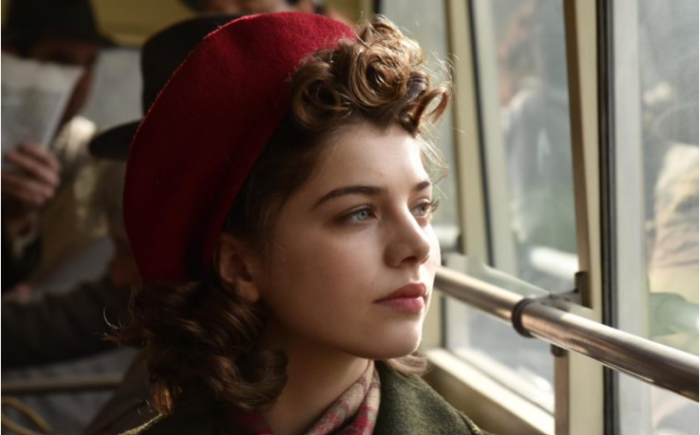“I can’t begin to feel compassion for Black and indigenous people because I’m still grieving the Holocaust.”
The words came from a friend, a print artist in her 80s, studying to be a meditation teacher. Frustrated, I stayed quiet. What kind of thing is that to say? Why limit your willingness to move toward others and learn about them?
Grappling with her remark, I reversed the question. What does the remembrance of the Holocaust mean to me or my children? Is it merely a pragmatic reminder of human darkness, the kind of which could resurface in America?
January 27 is International Holocaust Remembrance Day. The murder of six million Jews and other people was a disaster of conscience and ideology. Its significance is not that it could happen here. It is significant in itself.
Feeling threatened can awaken our compassion. Just as the experience of waiting for a biopsy can foster empathy toward another person’s cancer diagnosis, we can understand others’ suffering through our attention to shared experience.
Without grasping at political significance, I invite us to sit still with these two stories of survivors from 1940s Europe.
If you will, read them not as a warning about our society’s racism, othering, and confusion, but for the young lives which were caught under the heel of human ignorance and aggression.
“I was born in Mukacevo, Czechoslovakia. My family was a close and warm family. They took care of each other and lived intertwined lives.”
Nazis took the Friedman family’s wine and beer business and confined them to a ghetto when Ruth Cohen was 14. They then exiled her family to one camp after another. Ruth’s mother Bertha, brother Aharon, and her cousins were murdered. Released from forced labor in 1945, Ruth and her sister Teresa reunited with their father Herman and went to America. It took one year of hospital care to regain her health. She currently volunteers at the United States Holocaust Memorial Museum. At 91, she does not forget her family’s suffering.
Ralph Berets was born after his parents fled Germany to resettle in Holland. To evade detection, they moved deep into the countryside but were reported by a neighbor. He watched from a ditch in the pouring rain with his parents, grandparents, and sister as Nazis set fire to their cottage. Afterward, a three-year-old Ralph and his sister Marion were forced to shelter separately from their parents. During the last year of the war, they hid in a chicken coop with eight others. The board floors were rank with urine and there was little food or space to sleep. When the Netherlands was liberated in May 1945, the family returned to Germany and emigrated to the United States. Now retired from teaching at the University of Missouri, Ralph currently volunteers and speaks for the United States Holocaust Memorial Museum.
What is the connection between these unlikely survival stories and the separate and unequal in America? This is not about forcing history to be relevant. Why must we cut and paste every scrap of information and project it onto our current survival?
What if our survival actually depends on understanding, “I am not it, yet it is truly me.” Paraphrased from a mystical Buddhist poem, the words tell us not to project ourselves onto others, but to feel included in their experience, and indeed, the whole world’s experience—in all its joy and suffering.
This is how I understand my Jewish artist friend’s resistance. Feeling unseen and unheard in the face of ongoing anti-Semitism, she includes herself with the disenfranchised to impose humility on socio-cultural dominance.
We begin by slowing down. The pandemic has laden us with loneliness, mental illness, disappointment, desperation, and doubt. This suffering enables a genuine understanding within us for those considered “other” or “the outsiders”—often the unprivileged and therefore endangered.
I want to slow down. I want to hear your story. I want you to hear mine.
Sources:
https://www.ushmm.org/
https://www.youtube.com/watch?v=8mCkPo4g8aU&t=310s
~


 Share on bsky
Share on bsky





Read 6 comments and reply